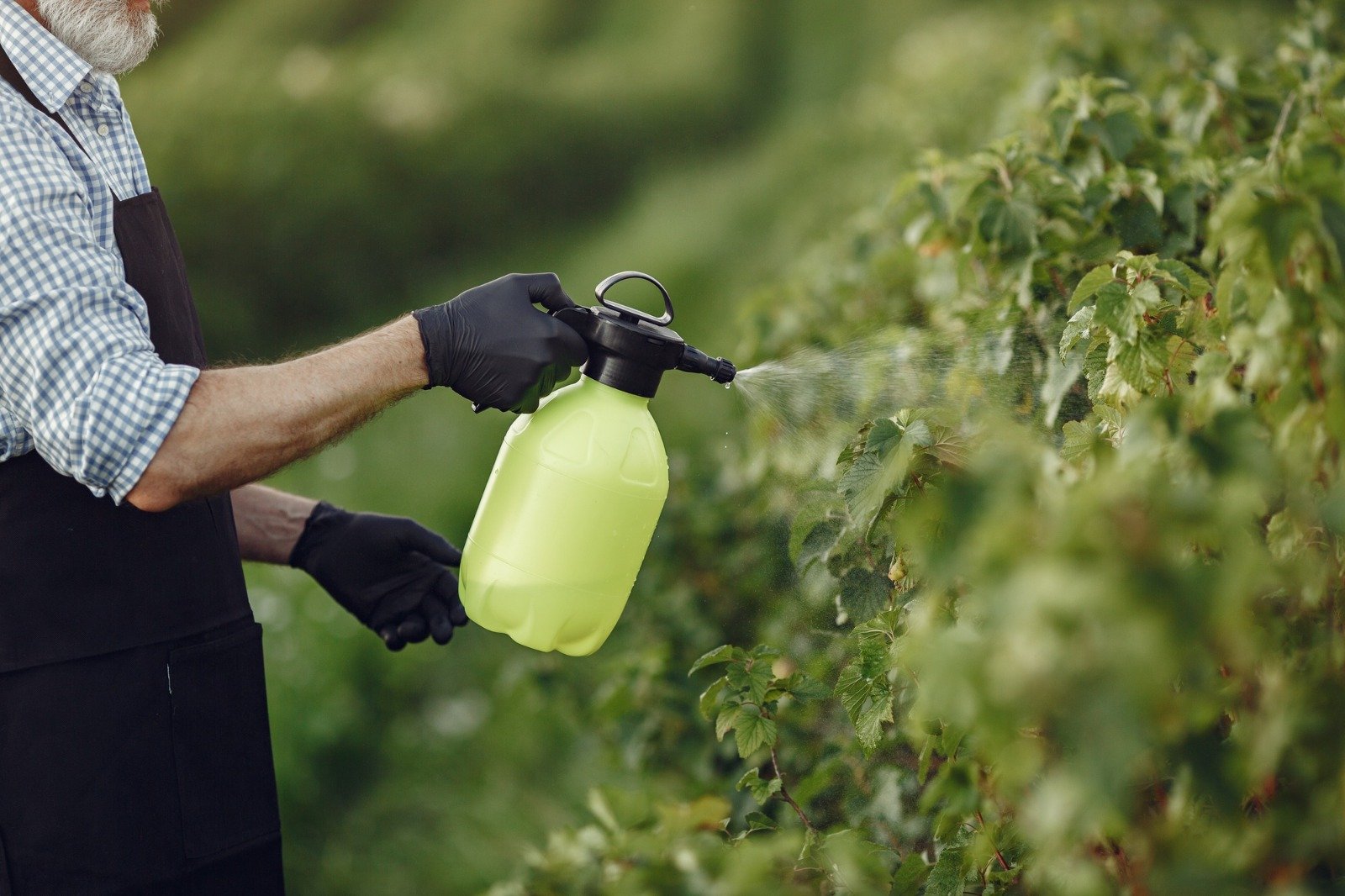Pest-Proofing Your Garden: Urban Junggle’s Guide to Protecting Plants and Crops

Maintaining a thriving garden requires more than just sunlight and water; it demands a strategic approach to keep pests at bay. Urban Junggle, your trusted partner in pest management, understands the significance of safeguarding your plants and crops. In this comprehensive guide, we present ten invaluable tips to help you pest-proof your garden and ensure a flourishing green haven.
1. Know Your Garden’s Pests
The first step in effective pest management is identifying the potential culprits. Urban Junggle recommends a thorough inspection of your garden to recognize common pests such as aphids, snails, and spider mites. Understanding your enemy is crucial to implementing targeted prevention strategies.
2. Maintain Soil Health
Healthy soil promotes robust plant growth and resilience against pests. Urban Junggle advises regular soil testing to ensure proper nutrient levels. Adding organic matter like compost enhances soil structure and encourages beneficial microorganisms that naturally deter pests.
3. Companion Planting
Strategic planting of companion crops can act as a natural pest deterrent. For instance, planting basil alongside tomatoes helps repel pests that commonly affect tomato plants. Urban Junggle’s experts can guide you in selecting plant combinations that foster a mutually beneficial environment.
4. Implement Natural Predators
Invite nature’s pest controllers into your garden by introducing beneficial insects like ladybugs, praying mantises, or predatory nematodes. Urban Junggle specializes in sustainable pest management, advocating for the use of natural predators to maintain a balanced ecosystem.
5. Use Neem Oil for Pest Control
Neem oil, derived from the neem tree, is a powerful natural pesticide. Urban Junggle recommends using neem oil to control a variety of pests while being environmentally conscious. Its effectiveness against insects coupled with its minimal impact on beneficial organisms makes it a preferred choice.
6. Practice Crop Rotation
Prevent the buildup of soil-borne pests and diseases by rotating your crops annually. Urban Junggle emphasizes the importance of this technique in disrupting the life cycles of pests and maintaining the overall health of your garden.
7. Install Physical Barriers
Create a protective barrier around susceptible plants using physical means. Urban Junggle suggests using row covers or netting to shield plants from flying insects and pests. This simple yet effective method is particularly useful for safeguarding delicate crops.
8. Proper Watering Practices
Maintaining a consistent watering schedule helps plants withstand stress and resist pest infestations. Urban Junggle advises watering at the base of plants in the morning to allow sufficient time for soil to dry, minimizing conditions conducive to fungal growth and pests.
9. Regular Inspection and Early Intervention
Vigilance is key to preventing pest outbreaks. Urban Junggle recommends routinely inspecting your garden for signs of pests or diseases. Early intervention, whether through natural remedies or targeted treatments, can prevent minor issues from escalating.
10. Consult with Urban Junggle’s Experts
When in doubt or faced with persistent pest challenges, seek the expertise of Urban Junggle’s knowledgeable professionals. Our team is dedicated to providing personalized guidance, recommending effective pest management solutions tailored to your garden’s unique needs. In conclusion, creating a pest-resistant garden requires a holistic approach that combines preventive measures, natural solutions, and strategic planning. By following Urban Junggle’s guide and incorporating these ten tips, you can ensure your garden remains a thriving oasis free from the disruptions of common pests. Remember, a healthy garden is not just about beautiful plants; it’s about cultivating a balanced ecosystem that promotes sustainability and long-term vitality.


Leave a Reply